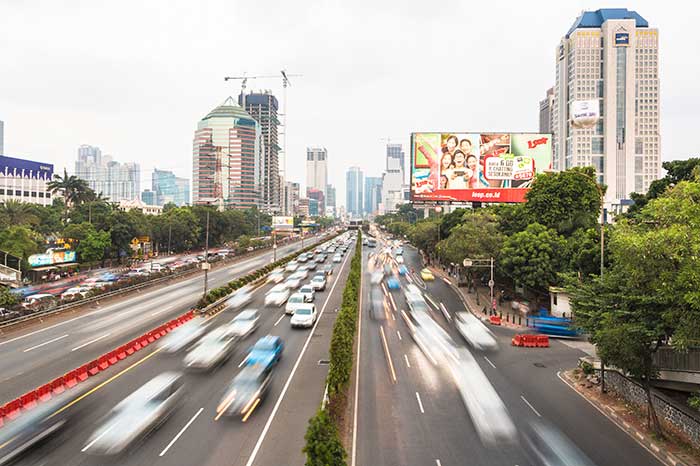Indonesia_istock.jpg

Jakarta, Indonesia
The Rapid Assessment and Action Plan to Improve Service Delivery in Indonesia (RAAP-Id) is supported by the World Bank, European Union, Canada and Switzerland and has been piloted in the Bojonegoro district in East Java. According to local government leaders, it has helped to bring down the number of maternal deaths, increase secondary school enrolment and streamline the process of issuing business licenses.
“By clearly identifying the problems and the solutions, the RAAP-Id approach makes a lot of sense to us,” said Drs H Suyoto, head of Bojonegoro district.
“For example, we discovered that pregnant mothers require more quality midwives and health centres with better equipment. So we set aside more budget for training midwives and doctors, and relaxed rules on funding for the kecamatan or sub-districts, so that they too train midwives. These are small but important changes that will lead to better health-care services and healthier families.”
The Bojonegoro pilot also suggested that distributing education vouchers rather than cash might be more effective.
RAAP-Id allows local governments to identify the factors causing poor services, concentrating on systemic, management issues including public financial management. It then outlines an action plan, including the required financing, to deliver improvements, and monitor progress.
Indonesia has suffered from some poor health indicators. For example, maternal deaths are 126 per 100,000 live births, some way behind the Millennium Development Goal of 102 per 100,000.
Rodrigo Chaves, World Bank country director for Indonesia, said: “The welfare and future opportunities of Indonesians rely on local governments delivering services well.
“With the support of our development partners, the World Bank is exploring new ways to help Indonesia’s district and city governments strengthen their capacity to better plan, allocate, and manage public finances, so that they can serve their communities better.”
RAAP-Id is part of a larger programme to improve public financial management in Indonesia and will be piloted in two more locations.
Analysis of the pilot was carried out by the World Bank and the Bojonegoro local government, with results presented at a seminar on 22 March.
The bank said the pilot showed that more money does not necessarily lead to better development outcomes unless it was underpinned by robust management systems.













